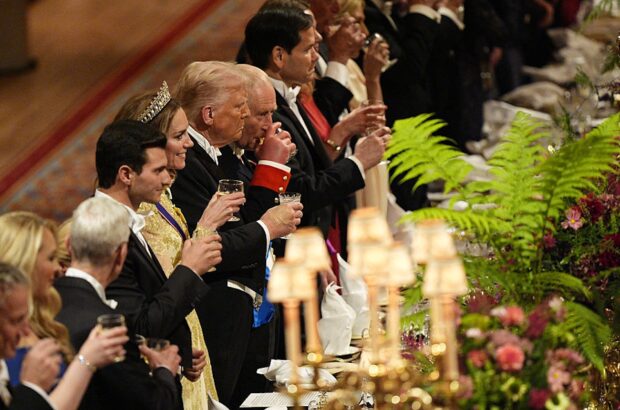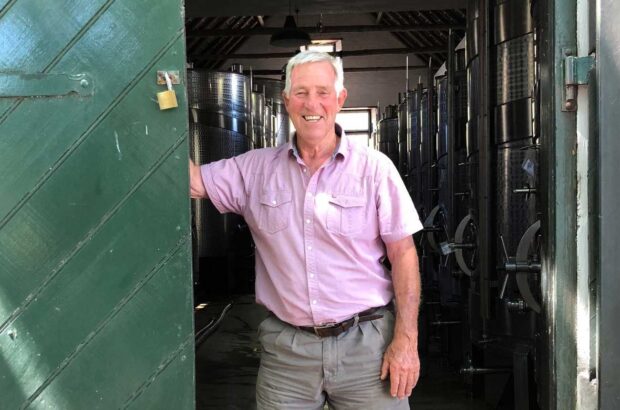Argentina's wine producers believe a sharp fall for the country's peso currency will help them to stay competitive on retailers' shelves overseas, amid high costs at home.
Vineyards in Mendoza, Argentina.
Argentina’s peso has suffered its biggest one-day fall in value since the country’s 2002 financial crisis, slipping by 11% against the dollar in just a few hours late last week.
Its slide has intensified concerns over Argentina’s domestic economy. But an ongoing weak peso might aid wine exporters, and especially those focused on the US, which accounts for 50% of Argentinian wine shipments.
‘It will definitely help exports,’ said Marcelo Waldheim, president of Mendoza-based Casarena, told decanter.com. ‘[This] will help the wineries cover inflation, and stay profitable and competitive, without having to increase prices.’
Inflation, trade restrictions and red tape have doubled production costs at Argentina’s wineries in the past four years, according to Rabobank analysts. Most wineries exporting at less than $30-a-case are likely losing money, they said.
Argentina’s national statistics office put domestic inflation at 10.9% for December. But, independent experts surveyed monthly by the University of Torcuato di Tella believe the true figure is around 30%.
Some media outlets, including The Economist, have reported that there is political pressure on the statistics office to suppress the true numbers.
One wine company official, who did not wish to be named, told decanter.com that domestic inflation has been ‘higher than 25% per year’ for the past three years.
At the same time, ‘the US dollar increased by about 10% per year, therefore generating a loss in competitive position which had the Argentinian wine industry in a very tight situation’.
Yann Falc’hun, of Bodega Marco Zunino, agreed that the peso’s devaluation could reduce the squeeze on wineries’ income. ‘It will help the Argentinian producers who export around the world. For example, two days ago, one euro equalled 15 pesos. Today, it’s 17.5 pesos.’
However, he added that it often takes time for exchange rate changes to affect prices.
A further complication is that some economic experts believe the weaker peso could lead to even higher domestic inflation. Economic deterioration on the home front could put extra pressure on wineries’ costs.
Written by Chris Mercer







